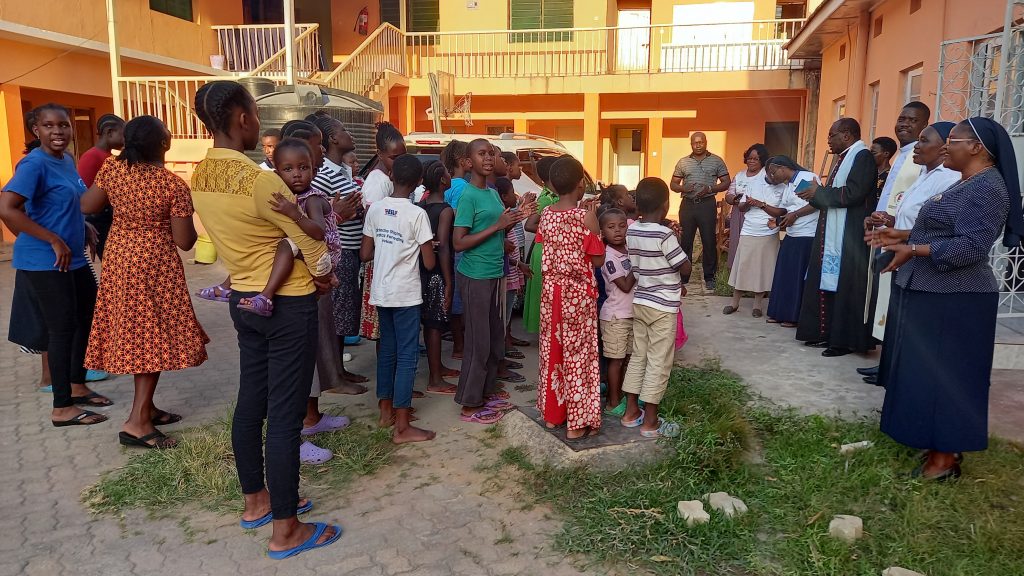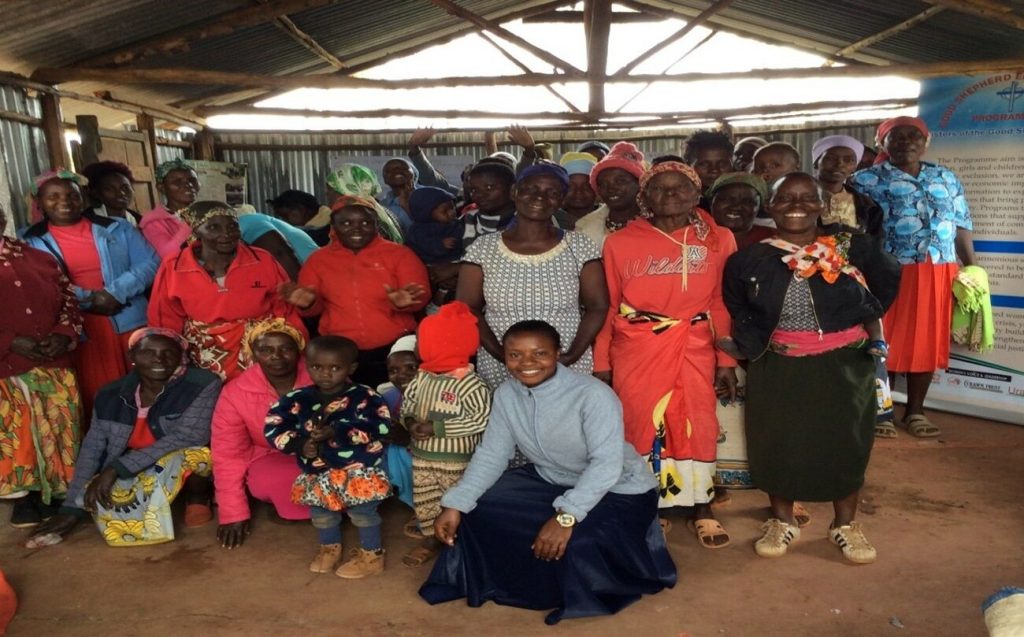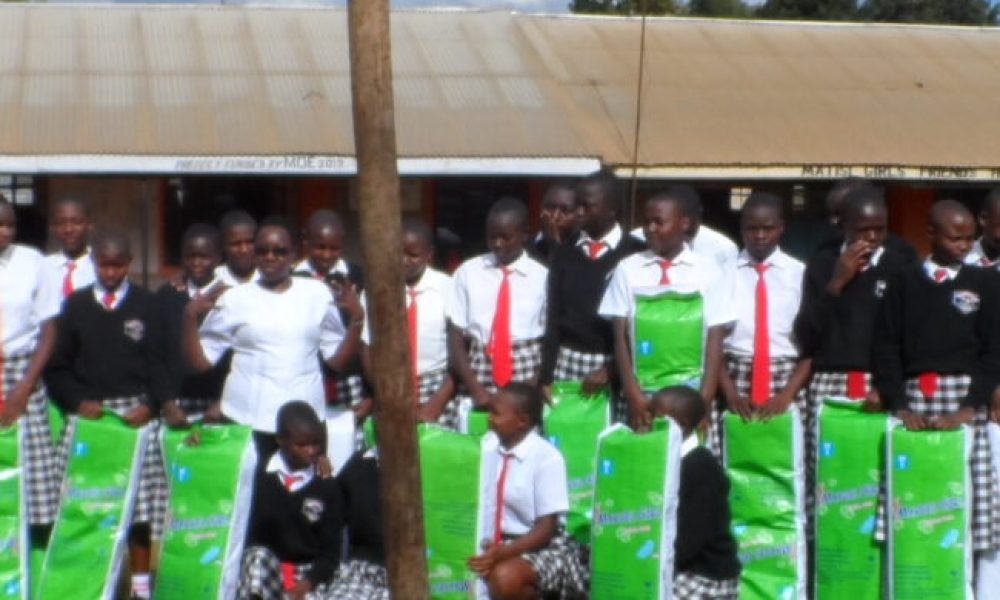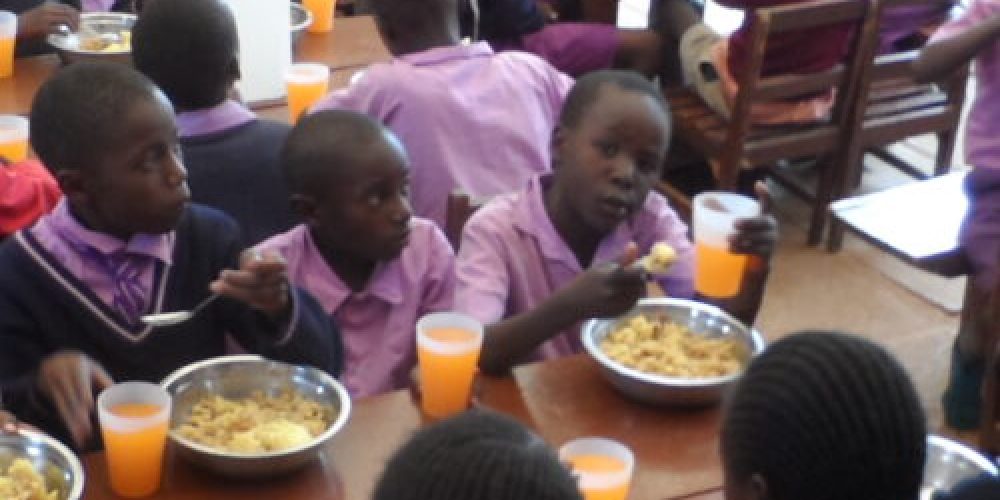Child Protection Challenges in Kenya
Coordination of child protection activities at the national level remains complex because responsibilities are spread across different government ministries and departments, often with overlapping or conflicting mandates. The only national survey on violence against children in Kenya, conducted in 2010, revealed that 79% of boys and 76% of girls had experienced physical, sexual, and/or emotional violence before the age of 18. Violence against children persists across many settings, including the justice system, private residential institutions, and boarding schools. The 2014 Demographic and Health Survey (DHS) further indicated that 14% of women and 6% of men aged 15–49 reported having experienced sexual violence at least once in their lifetime.


Gender-Based Violence and Harmful Practices
Although the government has developed policies, enacted laws, and implemented programs to combat gender-based violence, progress is limited by challenges such as insufficient human capacity, entrenched cultural and religious beliefs, gender stereotypes, and socio-cultural norms around masculinity. While marriage below 18 years is illegal in both Kenya and Uganda, child marriage continues to be practiced in many communities. Factors contributing to child marriage include poverty, lack of education, and the treatment of girls as economic assets. Gaps in police and judicial response, along with cultural reluctance from some community leaders, further undermine protection efforts.
Children Without Parental Care
Approximately 3.6 million Kenyan children are orphans or classified as vulnerable. Among them, 646,887 have lost both parents, while 2.6 million have lost at least one parent—one million of these deaths due to AIDS. Other vulnerabilities arise from poverty, family breakdown, harmful cultural practices, abandonment, natural disasters, and political or ethnic conflict. Traditionally, Kenyan and Ugandan communities responded by placing children with extended family or community members through informal kinship care. However, weakening family structures and socio-economic pressures now place many children at risk of neglect and maltreatment, highlighting the urgent need for structured care and protection systems.


St. John Eudes Rehabilitation Centre, Kitui
Established in 2001 by the Catholic Diocese of Kitui, the St. John Eudes Rehabilitation Centre serves as a temporary residential home for the rescue, rehabilitation, and reintegration of children in need of care and protection, particularly street children and youth in Kitui County. Since 2022, the Centre has hosted an average of 70 children annually. In 2024, a total of 78 children and youth benefited from the program: 52 were in primary school, 24 in secondary school, and 2 in tertiary training, all supported by the Diocese. Additionally, 13 children were undergoing their first year of rehabilitation, preparing to join school in 2025. The Centre also celebrated 7 care leavers—youth who successfully transitioned out of the program into independent life.
